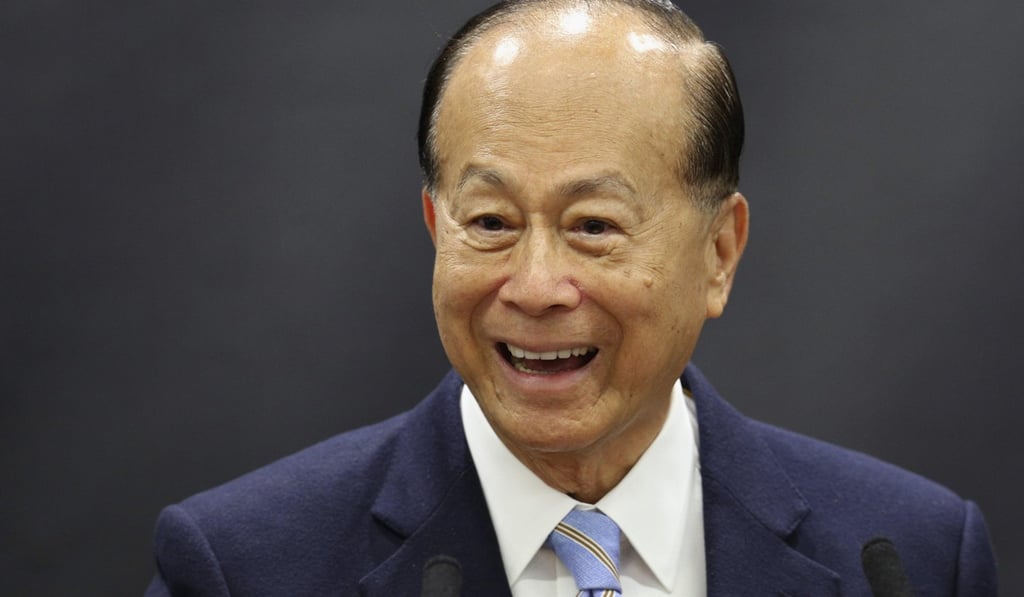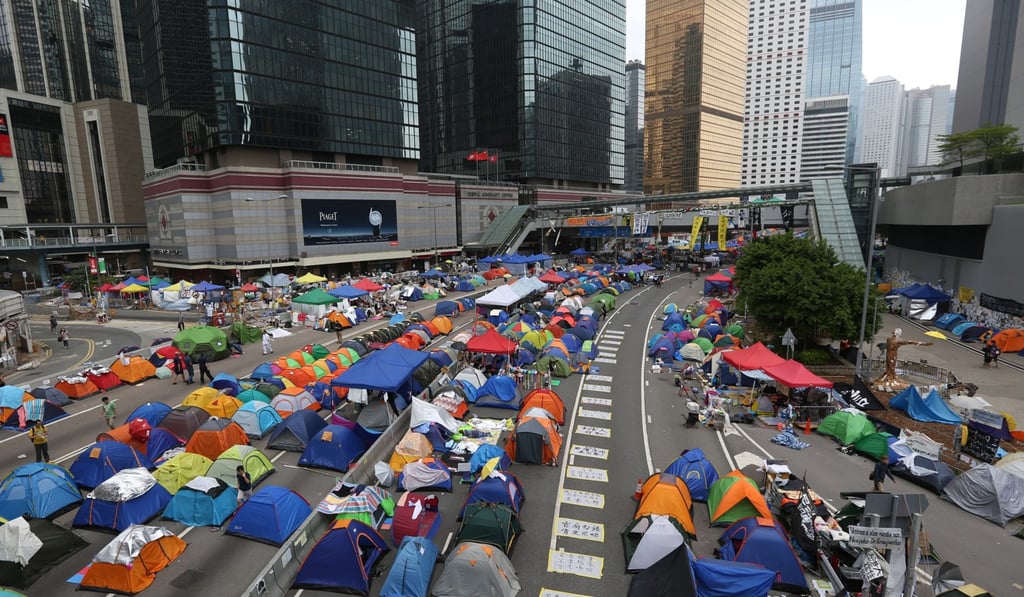Extradition bill protests: why have Hong Kong’s business elite and tycoons abandoned Carrie Lam?
- Absence of support from sector is in stark contrast to 2014’s Occupy movement, with chief executive now isolated and fighting for political life
- Other leading voices in society relatively muted this time are university leaders and the pro-establishment camp

The demonstrators were tidying up their supplies and makeshift tents when word rippled through the crowd of advice coming from an unlikely quarter.
Li Ka-shing, the city’s richest man, had a message for protesters. Li, known for his reticence, issued a statement urging them to give up the streets.
The students were demonstrating against Beijing’s proposal for the pre-vetting of candidates for Hong Kong’s highest office.
“My young friends … You have successfully conveyed your message,” Li said. “I urge all of you not to let today’s fervour turn into tomorrow’s regret. I sincerely call on you to return to the side of your families.”

The advice from Li, the embodiment of the rags-to-riches Hong Kong dream, carried weight. It was not certain how much his words influenced protesters, but Li’s intervention certainly bolstered the government, which was under attack for its use of tear gas on demonstrators.
